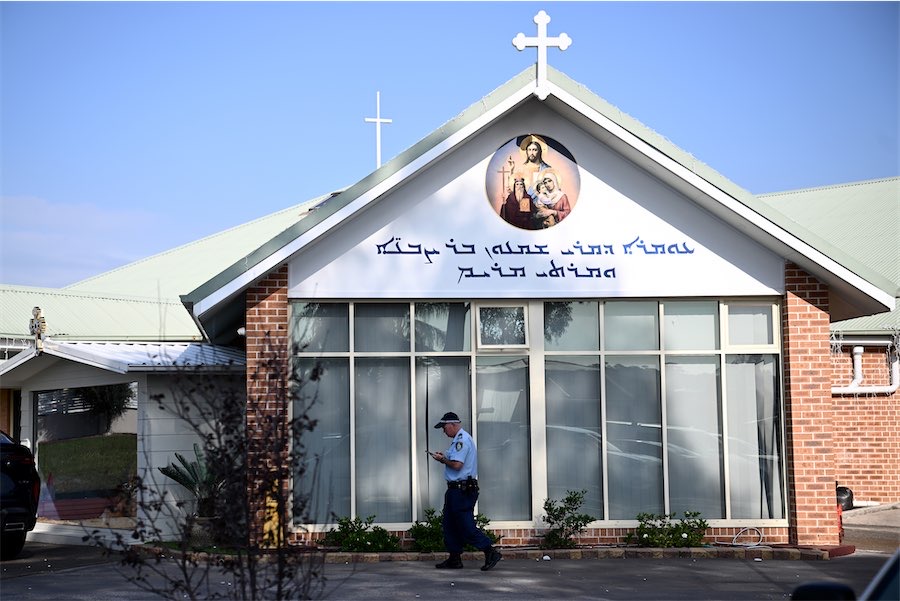![]() LAWS passed in April that allowed Supreme Court trials to proceed without a jury amidst COVID-19 restrictions may have breached the ACT government’s constitutional powers, according to a new paper.
LAWS passed in April that allowed Supreme Court trials to proceed without a jury amidst COVID-19 restrictions may have breached the ACT government’s constitutional powers, according to a new paper.
Published in “Current Issues in Criminal Justice”, the paper argues that the bill passed by the ACT government, allowing for judge-alone trials without the consent of the accused, may violate the Kable doctrine for “fundamentally changing the mode of trial in the Supreme Court”.
According to the Kable doctrine, state and territory legislation that impairs the court’s institutional integrity is constitutionally invalid.
The paper also highlights that there were more appropriate alternatives such as the models adopted by NSW and Victoria, which saw judge-alone trials only under the decision of the defendant.
“There were more appropriate measures that balanced the swift execution of justice and interests of an accused,” the paper argues.
Opposition leader and shadow attorney-general Elizabeth Lee said the Canberra Liberals moved amendments to the bill after it was passed, raising concerns that it was “in breach of fundamental human rights”.
“The NSW model, which we called for at the time, struck the right balance where the court must be satisfied the accused person has sought and received proper legal advice,” said Ms Lee.
“We also raised that any legal decision made under this law could be appealed, potentially to higher courts creating more delays than awaiting a jury trial would.”
At the time of the bill’s passing, former Attorney-General Gordon Ramsay told the ACT Legislative Assembly “justice delayed is justice denied”.
“Delayed trials can prolong the trauma of the survivors and make it substantially more difficult for them to be able to move on in their life,” said Mr Ramsay.
The paper recognises the government’s concerns about delayed trials, and argues that “other jurisdictions were able to address this problem without intruding upon the right of an accused to have their matter heard by a jury of their peers”.
The issue is to be considered in upcoming proceedings in the Supreme Court so current Attorney-General Shane Rattenbury will not provide any comment at this time, says an ACT government spokesperson.
Who can be trusted?
In a world of spin and confusion, there’s never been a more important time to support independent journalism in Canberra.
If you trust our work online and want to enforce the power of independent voices, I invite you to make a small contribution.
Every dollar of support is invested back into our journalism to help keep citynews.com.au strong and free.
Thank you,
Ian Meikle, editor




Leave a Reply